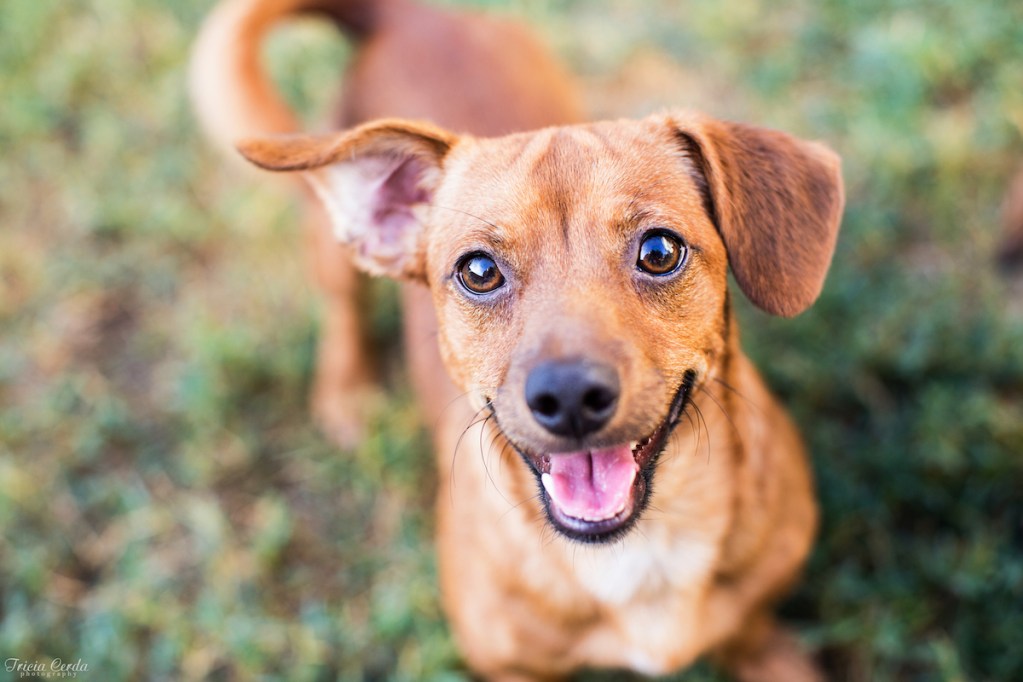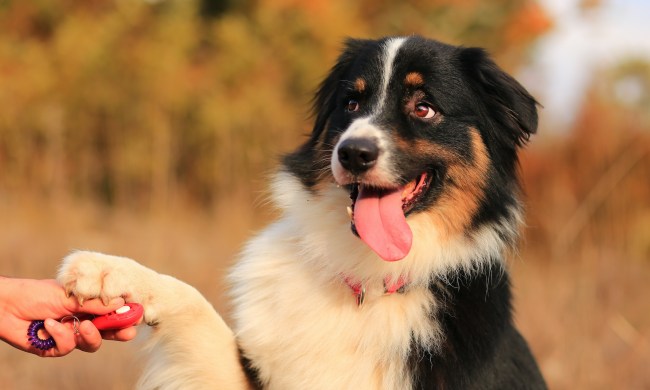We talk a lot about the official breeds around here, including the recently crowned most-popular dog, the Frenchie. But that ignores a huge subset of the pup-ulation: the mutts. You’ve probably met (and loved) all kinds of mutt dogs in your life. In fact, they make up a little over half of the dogs in the U.S., so you likely see more of them in your day-to-day life. Whether they’re designer or pound pups, you might discover the perfect fit for your family in a mixed breed.
What is a mutt dog?
A mutt is any dog that is not an official pure breed, meaning one that has registered papers with two parents of the same breed. In the U.S., we have the American Kennel Club that determines which dogs fall under official breed guidelines and can ultimately compete or go on to make official baby dogs.
Note: There are some beasties that exist in a bit of a gray area because they are no longer recognized breeds, like the Canadian Eskimo Dog, or because they are village dogs, which are not official breeds but also not necessarily mixes. It’s complicated, but you don’t need to worry about those outliers too much.
Why should you get one?
There are so many great reasons to get a mutt, including cost, sustainability, and health. Luckily, in modern times, we have DNA testing and advanced veterinary science to keep dogs healthier. Most breeding programs check over mom and dad pooches carefully to weed out certain undesirable traits like specific hereditary conditions.
However, mutts often don’t have these problems to start with because they have more genetic diversity. You’ll also have a better chance of being able to adopt, not shop, if you decide that a mix works best for you — and you’ll save money in the process.
How do you choose the perfect mixed-breed dog?
One option is to look at a few breeds that you know you like and then research rescues specializing in those types. For example, if you know you love collies, you could seek out a collie rescue organization that will have all sorts of mixes for you to choose from. Alternatively, you can go in the opposite direction and pick a local shelter, then take a visit to find the right animal for your home.
Mutts generally have some, but not all the traits common to their various breeds. That means you have to look at the dog more as an individual rather than a representative of a larger group. Remember, too, that many rescue Fidos are actually a bunch of different types — you could discover one with 10 plus varieties in their genes! That can make it a bit harder to predict what their personalities will become in adulthood if you adopt a puppy. Help out the homeless pets even more by getting a grown one. No matter what kind of dog you want, you should always take the time to get to know any pet when you bring them home.




